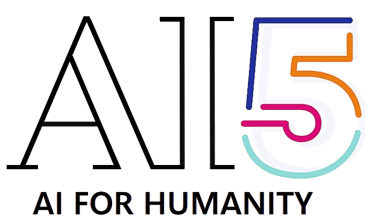I do not know: Does AI ever say that?
Responsible AI and the art of saying 'I do not know'.
RESPONSIBLE AIAI APPLICATIONS1
Kevin R.
6/24/20252 min read
The Power of "I Don't Know": A Core Principle for Responsible AI
For a full text, listen to podcast: 'I don't know': Do AIs ever say that?
Last weekend I asked an AI if I was listed as a speaker at this event Reliability Ireland (this September, where I speak about AI).
I provided the event's website, where I am indeed listed. The AI's confident response was "No". When further queried, "do you know my name?", the AI again replied "No".
This simple exchange vividly highlights a major challenge facing today's AI: the inability to admit when they don't know. Often, instead of stating "I don't know," AI models might confidently provide incorrect answers or simply reply with a negative when they lack the necessary information.
The development of truly Responsible AI goes beyond merely creating powerful algorithms; it necessitates a fundamental shift in how these systems handle uncertainty and acknowledge their limitations. As artificial intelligence becomes increasingly integrated into our daily lives, its capacity to admit when it lacks information is paramount for fostering trust and ensuring accountability.
This deficiency is not trivial; it strikes at the very heart of what defines Responsible AI. Responsible AI is fundamentally underpinned by principles of transparency, accountability, and explainability. For AI systems to be considered responsible, they must clearly articulate not only what knowledge they possess but, crucially, what they do not know. This transparency is essential to prevent users from being misled. The underlying reason for this behaviour is that most AI models are primarily trained to generate answers that sound plausible, rather than to assess or acknowledge the boundaries of their own knowledge.
Intriguingly, this struggle is not unique to artificial intelligence. Humans, too, often find it challenging to utter "I don't know," sometimes driven by politeness, societal pressure, or a fear of letting others down. These parallel underscores a universal truth about the importance of recognising and communicating one's limitations.
As we advance, building truly responsible AI will involve teaching these sophisticated systems – and perhaps reinforcing in ourselves – that it is perfectly acceptable not to have all the answers. In many scenarios, the most reliable and trustworthy response an AI can provide is a humble "I don't know".
Embracing this principle will be a critical stride towards creating AI systems that are not only intelligent but also genuinely reliable and responsible.
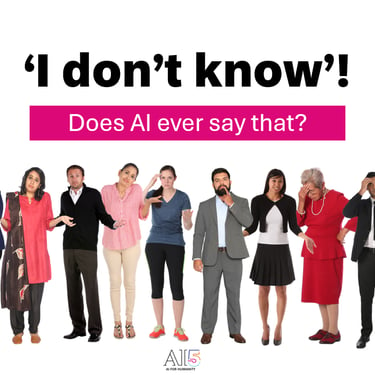
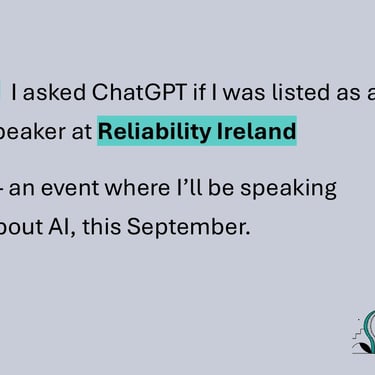
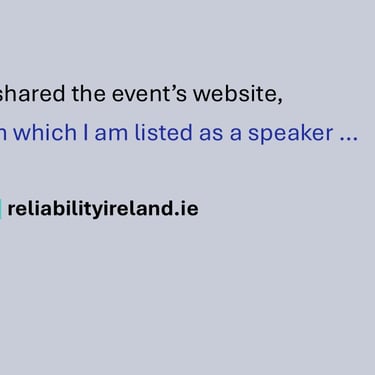
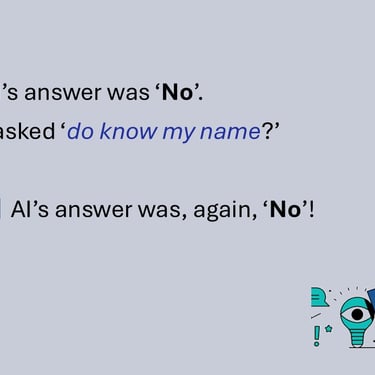
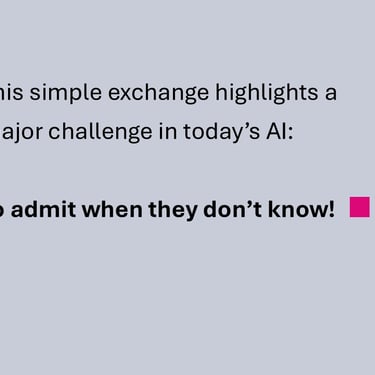
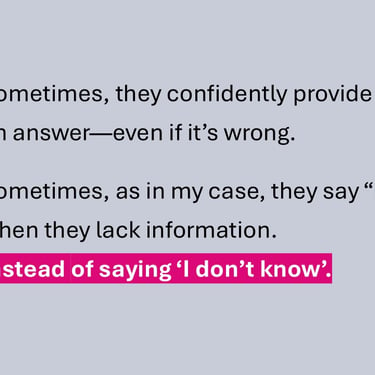
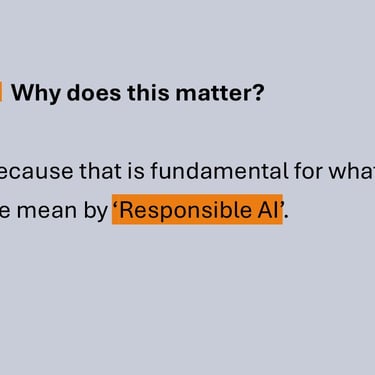
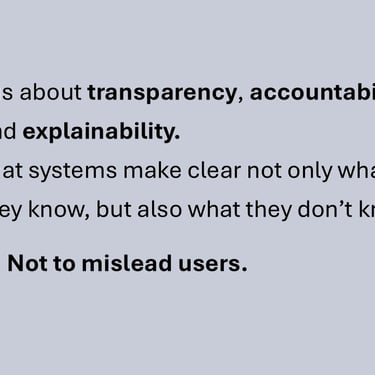
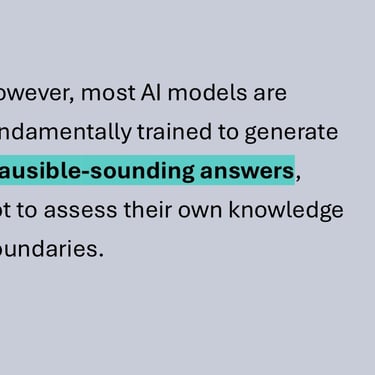
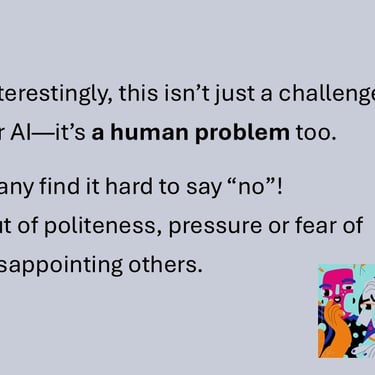
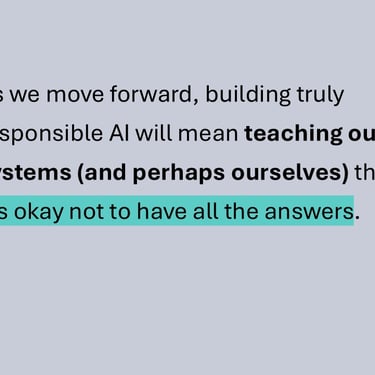
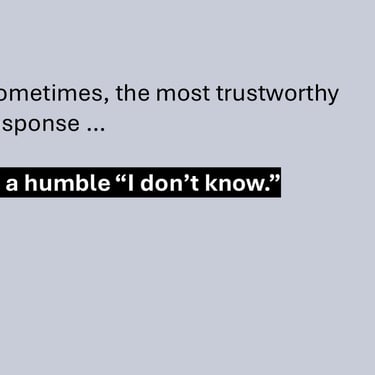
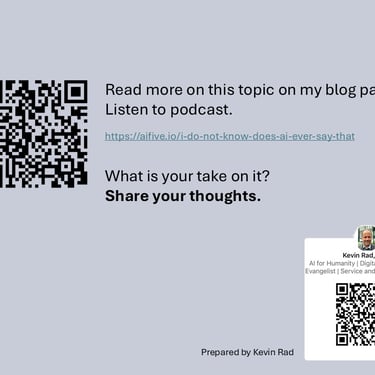
© 2024. All rights reserved.


Delivered from
Switzerland
